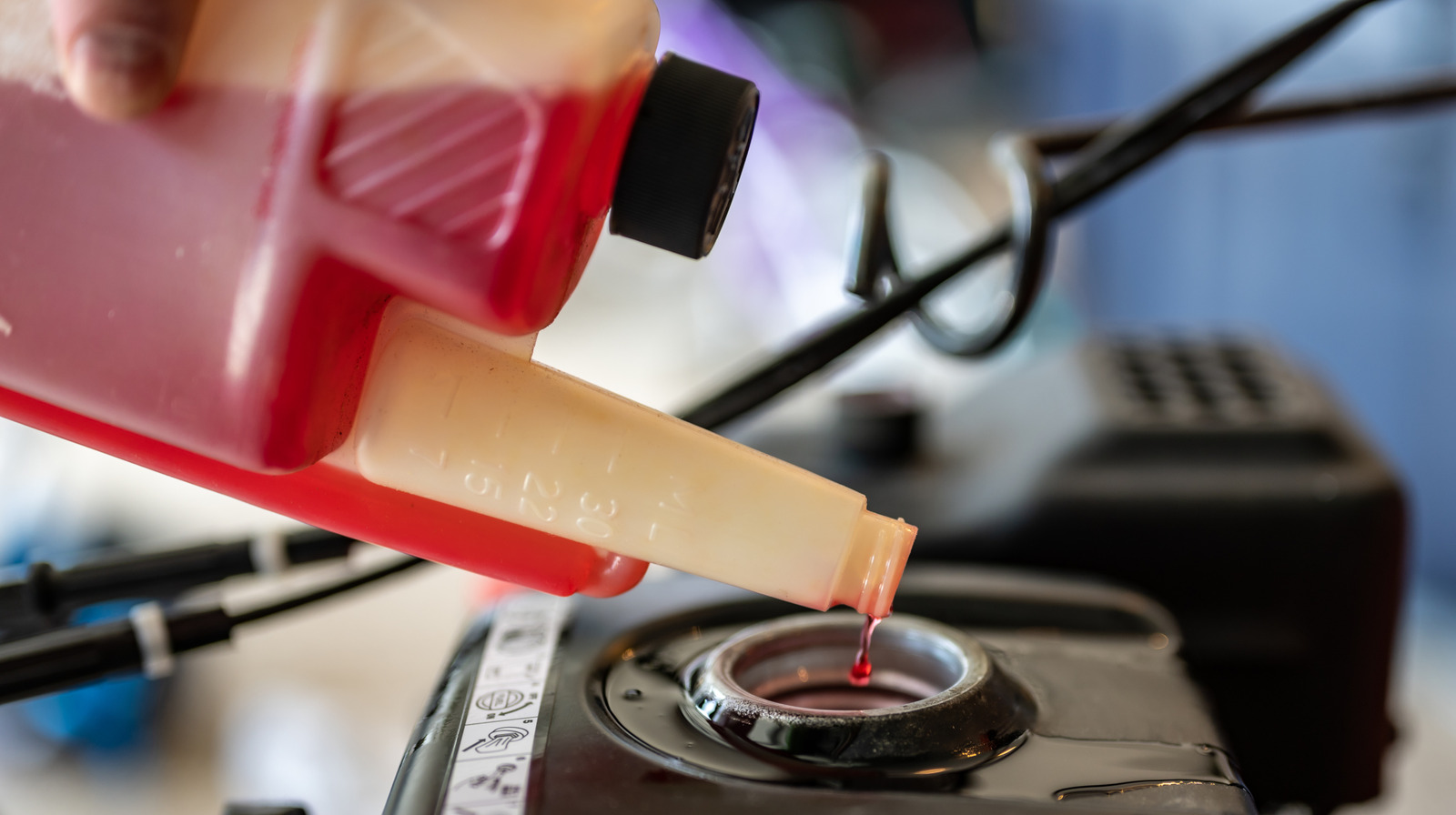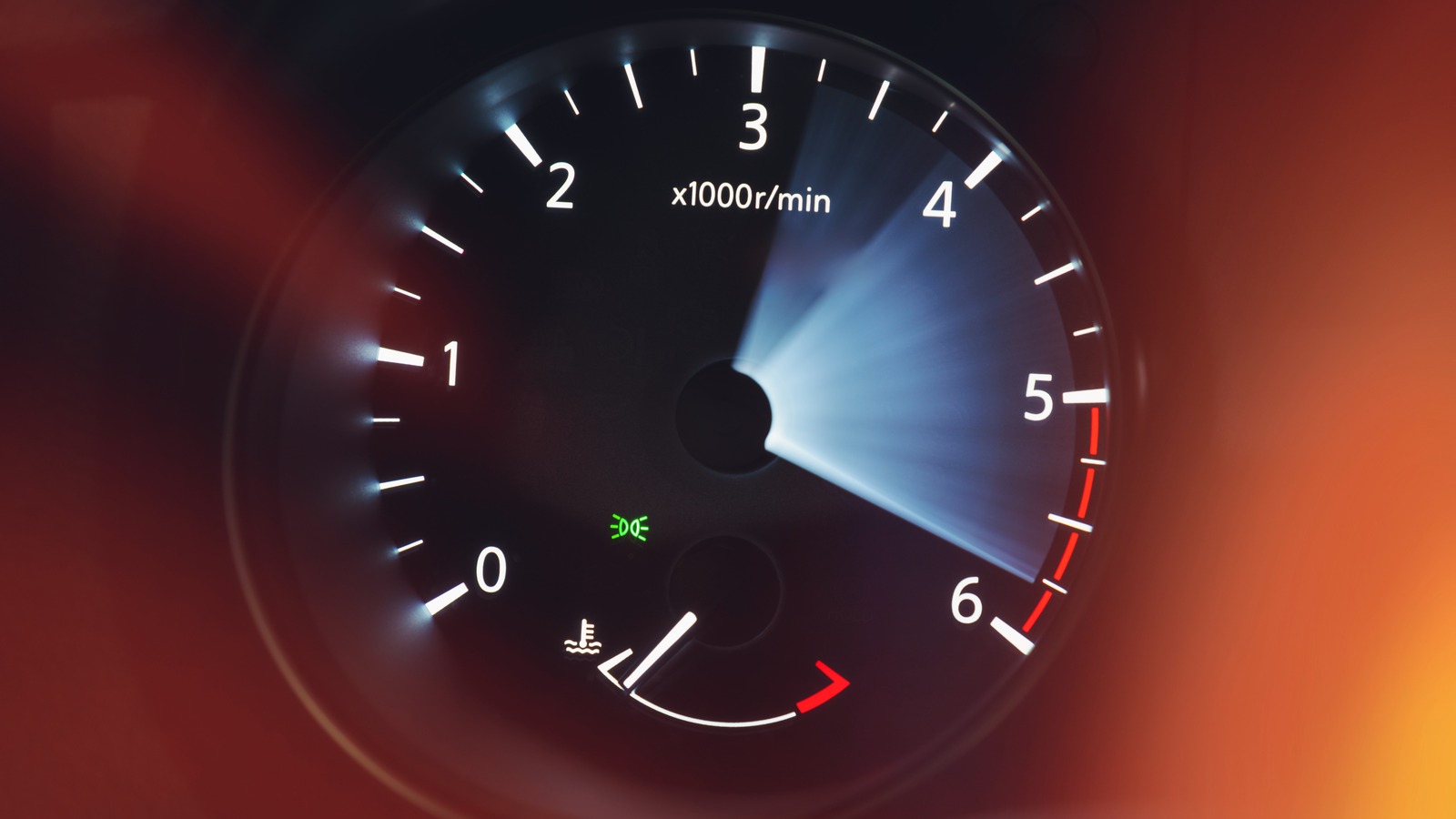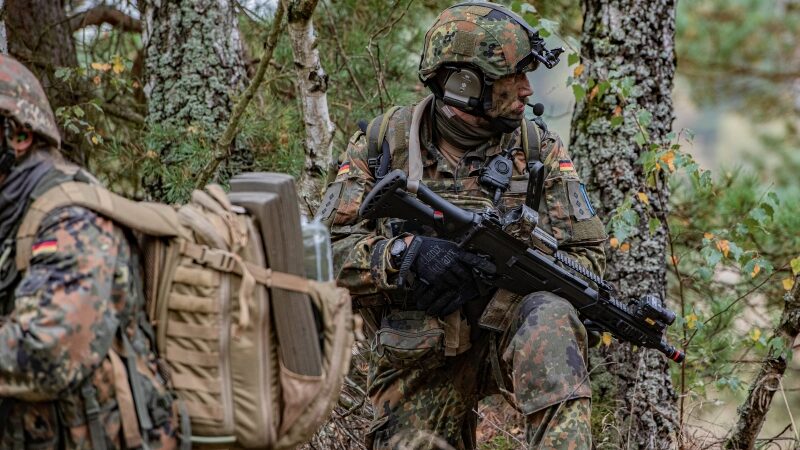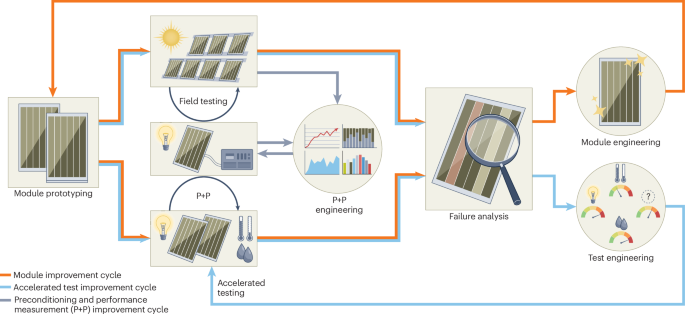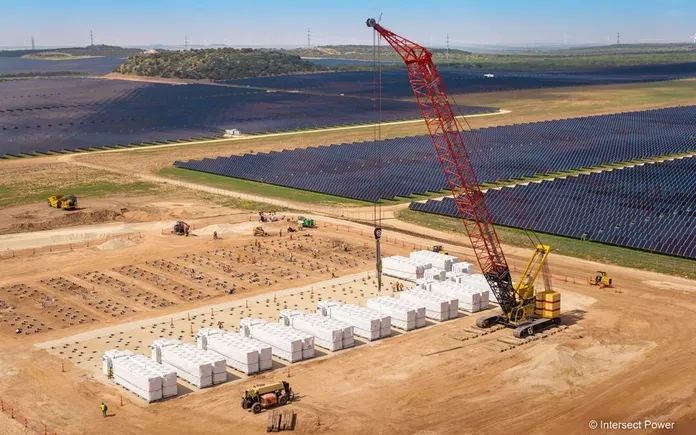Feedback from an avatar facilitates risk-taking by modulating the amygdala response to feedback uncertainty
by Toshiko Tanaka, Masahiko Haruno With the rise of cyberspace technologies, communication through avatars has become increasingly common. However, the cognitive and neural mechanisms underlying behavioral changes induced by avatar interactions remain poorly understood, particularly when avatars serve as communication partners. To address this gap and uncover the biological mechanisms involved, we conducted behavioral (n = 28) and functional magnetic resonance imaging (fMRI) (n = 51) experiments using a simple gambling task. Participants received dynamic facial-expression feedback from either a human observer presented as an avatar or a real human face based on the outcome (win or no-win) of each gambling trial. Our results showed that expecting avatar feedback significantly increased gambling behavior in both behavioral and fMRI settings. Computational modeling revealed that differences in risk-taking behavior between the avatar and human conditions were associated with differential valuation of feedback uncertainty. Furthermore, we found that the amygdala encodes the differential valuation of feedback uncertainty, where a negative response to feedback uncertainty played a key role in choosing a gambling option. Additionally, we found that individual differences in behavioral and neural valuation of feedback uncertainty correlate with the questionnaire score that measures emotional consideration of another person’s internal states. These results demonstrate the facilitation of risk-taking behavior by avatar feedback and its underlying cognitive and neural mechanisms, thus providing deeper biological insights into risk-taking behavior and implications for human social interactions using avatars.
by Toshiko Tanaka, Masahiko Haruno With the rise of cyberspace technologies, communication through avatars has become increasingly common. However, the cognitive and neural mechanisms underlying behavioral changes induced by avatar interactions remain poorly understood, particularly when avatars serve as communication partners. To address this gap and uncover the biological mechanisms involved, we conducted behavioral (n = 28) and functional magnetic resonance imaging (fMRI) (n = 51) experiments using a simple gambling task. Participants received dynamic facial-expression feedback from either a human observer presented as an avatar or a real human face based on the outcome (win or no-win) of each gambling trial. Our results showed that expecting avatar feedback significantly increased gambling behavior in both behavioral and fMRI settings. Computational modeling revealed that differences in risk-taking behavior between the avatar and human conditions were associated with differential valuation of feedback uncertainty. Furthermore, we found that the amygdala encodes the differential valuation of feedback uncertainty, where a negative response to feedback uncertainty played a key role in choosing a gambling option. Additionally, we found that individual differences in behavioral and neural valuation of feedback uncertainty correlate with the questionnaire score that measures emotional consideration of another person’s internal states. These results demonstrate the facilitation of risk-taking behavior by avatar feedback and its underlying cognitive and neural mechanisms, thus providing deeper biological insights into risk-taking behavior and implications for human social interactions using avatars.






















